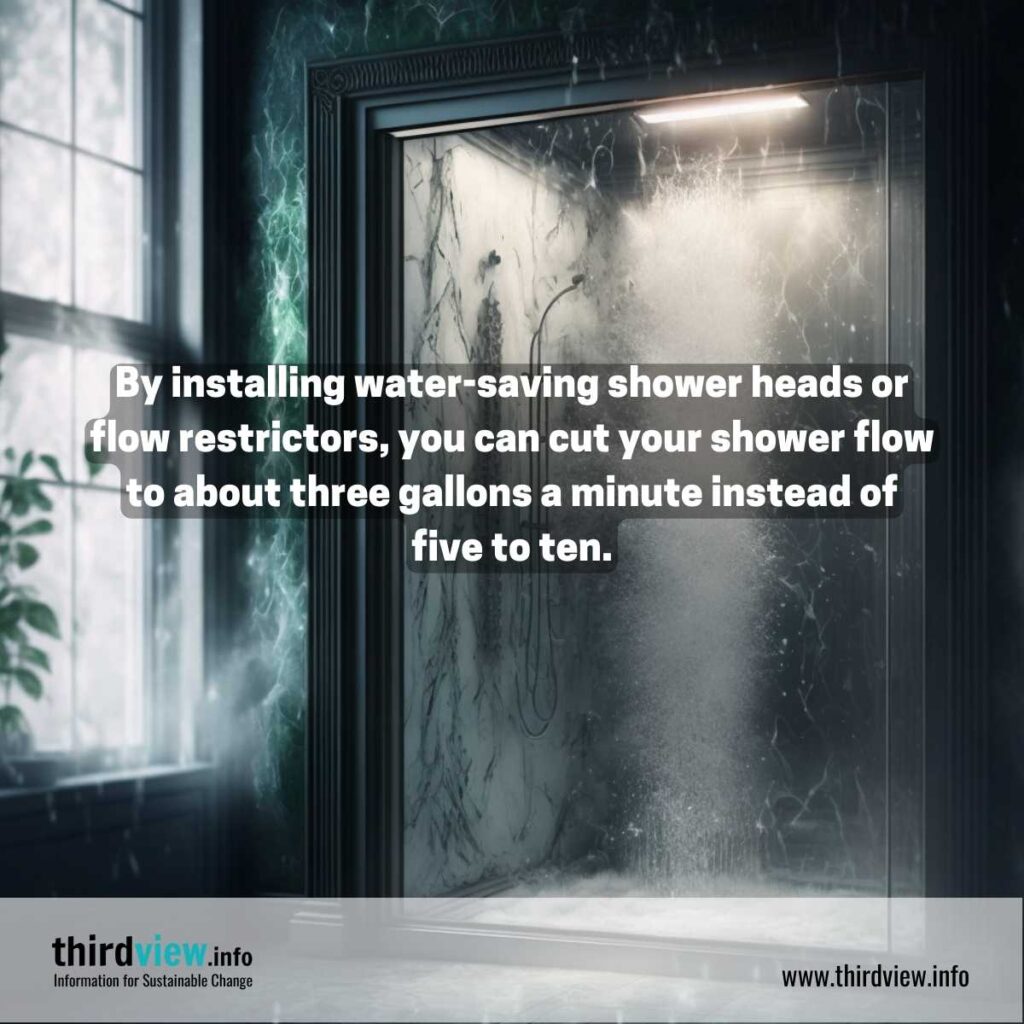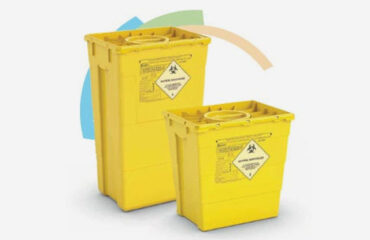5 Easy Facts About Reclaim Waste Described
5 Easy Facts About Reclaim Waste Described
Blog Article
Not known Facts About Reclaim Waste
Table of ContentsSome Ideas on Reclaim Waste You Need To KnowNot known Factual Statements About Reclaim Waste All About Reclaim WasteIndicators on Reclaim Waste You Should KnowReclaim Waste Things To Know Before You BuyExcitement About Reclaim Waste

Never put hazardous compounds down sinks, commodes or stormwater drains Substances consisting of petrol, grease, oil, pesticides and herbicides, and solvents such as paint pole dancers should not be poured down sinks, bathrooms or stormwater drains pipes. These substances are challenging to get rid of in the sewer treatment process and create pollution issues in our neighborhood rivers.

Although fluid waste is a term that covers a broad range of products, there's an excellent factor why leaving its disposal to the specialists is recommended. Liquid waste is non-solid material that has no additional usage and has to be dealt with and thrown away according to neighborhood, state and government laws.
The Ultimate Guide To Reclaim Waste
Examples of fluid waste can include wastewater, fats, oils or oil, utilized oil, liquids, solids, gases or sludges and unsafe house liquids, there are some that are considered to be extra harmful than others when it comes to the atmosphere and the health of pets and people alike. It's for this reason that each state and territory have actually rigorous policies linked to fluid waste monitoring.
Fluid waste can be kept in holding tanks or packaged in drums, intermediate bulk containers or accepted small containers before either being treated or removed using outsourced vacuum trucks. Provided the nature of the materials, fluid waste can not go in the basic waste stream and there are rigorous guidelines on how to throw away it properly.
(https://reclaimwaste1.blog.ss-blog.jp/2024-11-12?1731425991)Depending upon a determination of the degree of danger, it might be needed to remediate those sites. Furthermore, harmful liquid chemical wastes are managed waste and should be tracked based on the state waste regulations. Under the chain of custodianship and responsibilities, proprietors are responsible and liable for waste produced by an organization.
One of the core applications for superabsorbent polymers (SAPs) is fluid waste solidification. liquid waste disposal. SAPs are used by waste management specialists to protect against potentially unsafe fluids from getting in waterways, groundwater aquifers, and other sensitive settings. Due to the fact that liquids can swiftly move pollutants right into environmental receptors and possibly add to geotechnical failings, fluid wastes are usually restricted from disposal in garbage dumps
The Of Reclaim Waste
Generally, cost-free fluids are fluids that divide from the strong section of waste product. Fluid waste can include the following: HDD mud and cuttings Garbage dump leachate Wastewater treatment sludge & biosolids Dredged debris Oil and gas drill cuttings Resolving fish pond filth Hydro Excavation slurry Coal burning residuals/ash Storage tank bottom sludge Concrete grinding/polishing slurry Related Post: For a functional instance of cost-free fluids separating from waste material, consider the following scenario: A waste monitoring contractor loads a dump associate sludge from a wastewater therapy plant's oygenation container, throughout a routine maintenance event.
However, when the driver gets to the garbage dump, he notices water leaching from the sludge and pouring from the dump truck. The lots was rejected by the landfill and the chauffeur was required to deal with the waste as a liquid waste at a special center, which boosted the disposal fees enormously.
The globe is drowning in rubbish and we can not pay for to be reckless any longer. We need to take action and recycle whatever we can any place we can. We additionally require to be accountable for the proper disposal of our waste products. It is not nearly enough that we pay waste disposal business to care for our rubbish.
The Facts About Reclaim Waste Uncovered

The suitable location is a good outdoor area with a lot of sunlight and air. Segregate your waste. Segregating your waste can begin Click This Link inside the home. Segregate completely dry and fluid waste in addition to edible waste, naturally degradable and non-biodegradable materials. Constantly maintain the cover on your containers to avoid insects, worms, flies, and undesirable smells.
Layer the base with dirt to absorb the damp waste. Layer the compost with wet and dry waste as well as dirt to keep an equilibrium in between the wet and the dry.
Not known Details About Reclaim Waste
To promote faster disintegration, you can likewise add semi composted soil to the compost. If you discover the smell is becoming too strong, add extra papers and paper waste or include even more openings to the garden compost container to maintain the equilibrium of the waste materials.
We also require to be responsible for the appropriate disposal of our waste products. It is not enough that we pay waste disposal business to take treatment of our rubbish.
Our waste, our obligation. Have you ever before wondered what takes place to your liquid waste after it's gathered? Did you know that liquid waste can be reused? As responsible residents, you need to understand what takes place to your rubbish and where it goes after it is taken away from you. Recognizing the fluid waste removal process is vital in helping you to segregate your waste.
The Ultimate Guide To Reclaim Waste
The dreamland is a good outside room with lots of sunshine and air. Segregate your waste. Segregating your waste can start inside the home. Segregate completely dry and fluid waste in addition to edible waste, eco-friendly and non-biodegradable products. Constantly maintain the cover on your containers to avoid insects, worms, flies, and unpleasant odours.
You can utilize old garbage can, pail, yard pot or old plastic drums. Pierce 4 to five holes in the container so the air can distribute. Layer the bottom with dirt to soak up the damp waste. Begin the composting process. Layer the compost with damp and dry waste as well as soil to keep an equilibrium between the wet and the completely dry.
Cover the garden compost bin. As soon as a week, include soil on top of the compost. To help with faster disintegration, you can additionally include semi composted soil to the garden compost. Maintain the compost. If you observe the scent is becoming too strong, add extra papers and paper waste or add even more holes to the garden compost container to keep the equilibrium of the waste products.
Report this page